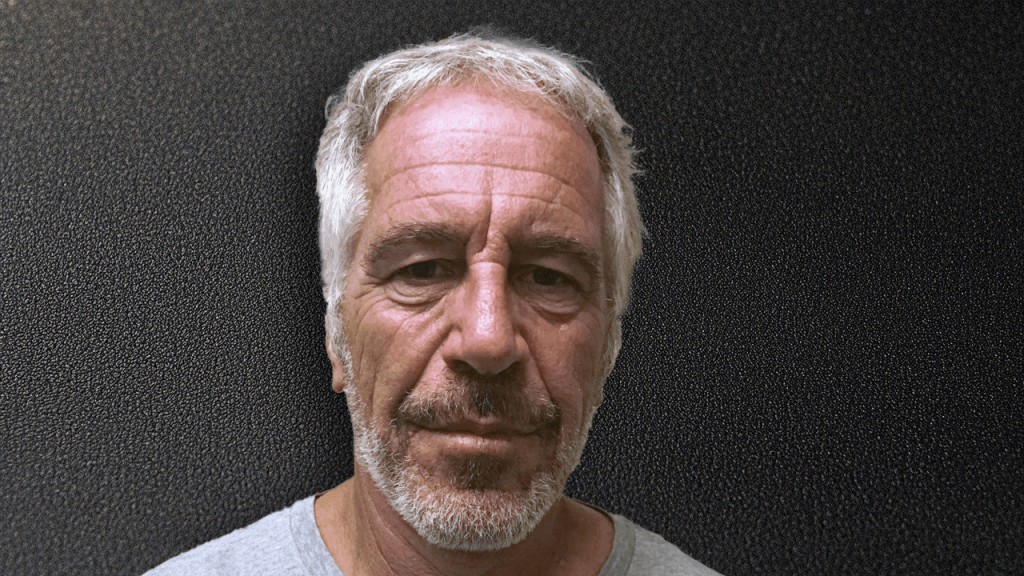The specter of Jeffrey Epstein’s alleged “client list” has loomed large over public discourse since his arrest and subsequent death in 2019. The idea that a wealthy and well-connected financier like Epstein might have kept records of powerful individuals involved in or aware of his criminal activities has fueled speculation, conspiracy theories, and demands for transparency. However, the U.S. Department of Justice (DOJ) and the FBI have recently declared that no such definitive list exists. This revelation has not quelled public skepticism but has instead intensified calls for accountability and deeper investigation into the Epstein case.
The Genesis of a Conspiracy
The notion of an Epstein “client list” emerged from the nature of his crimes and the elite circles he frequented. Epstein’s wealth and connections allowed him to cultivate relationships with politicians, celebrities, and business leaders, many of whom were frequent visitors to his properties. Given the scale of his sex trafficking operation, it was reasonable to assume that records of these interactions might exist—whether in the form of a formal ledger, digital files, or even informal notes. The idea gained traction when figures like Pam Bondi, a former Florida attorney general, publicly suggested that such a list was under review. This official acknowledgment turned the “client list” into a focal point for those seeking justice and accountability.
The absence of a formal list, however, does not necessarily mean that no records exist. Epstein’s operations were notoriously chaotic, and it is plausible that any documentation of his associates was fragmented, encrypted, or destroyed. Alternatively, the list may have been maintained in a way that was not easily discoverable by law enforcement. The DOJ’s assertion that no such list exists has been met with skepticism, particularly among those who believe that powerful individuals may have been involved in or aware of Epstein’s crimes.
The DOJ’s Declaration: A Retract or a Revelation?
The DOJ’s memo explicitly denies the existence of a definitive “client list,” stating that an exhaustive review of Epstein’s files yielded no evidence of such a document. This announcement has been interpreted in several ways:
The DOJ’s denial has done little to quell public skepticism. Many remain unconvinced, pointing to the lack of transparency in the investigation and the DOJ’s refusal to release additional files. This skepticism is further fueled by the fact that Epstein’s death in custody—officially ruled a suicide—has been met with widespread doubt. The circumstances surrounding his death, combined with the lack of a clear explanation for the absence of a “client list,” have only deepened the public’s distrust of the justice system.
Public Reaction: Skepticism and Outrage
The DOJ’s announcement has been met with widespread skepticism and outrage, particularly among those who believe in the existence of a “client list.” This distrust stems from several factors:
The Potential Consequences
The controversy surrounding the “client list” has several potential consequences for the pursuit of justice in the Epstein case:
The Mossad Connection and Deepening Skepticism
The saga takes a darker turn with allegations, particularly those from investigative journalist Whitney Webb, pointing towards potential connections between Epstein and the Mossad, Israel’s national intelligence agency. These claims add another layer of complexity to the situation, suggesting that the purported cover-up could be driven by foreign loyalties and national security concerns. Such accusations, while unverified, deepen the skepticism surrounding the DOJ’s memo and further challenge its credibility in the eyes of the public.
If Epstein’s activities were somehow linked to intelligence operations, the motivations for suppressing information about his associates become even more compelling, even if legally unjustified. The Mossad connection, if true, would raise serious questions about the extent to which foreign intelligence agencies may have been involved in Epstein’s operations and the degree to which they may have influenced the investigation.
The Path Forward: Restoring Trust and Seeking Justice
In light of the DOJ’s announcement and the ensuing controversy, it is essential to consider the path forward. Here are some steps that could be taken to restore trust and ensure that justice is served in the Epstein case:
Conclusion: The Unanswered Questions
The declaration that a formal “client list” does not exist in the Epstein case offers little closure. Instead, it highlights the deep-seated distrust and skepticism surrounding the investigation. Whether it’s a deliberate cover-up or simply the absence of a tangible ledger, the public’s demand for transparency and accountability remains unwavering. Until the full truth about Epstein’s crimes and his network of enablers is revealed, the shadow of suspicion will continue to loom over the justice system. The pursuit of justice, therefore, must persist with renewed vigor, focusing on the facts, protecting the victims, and ensuring that no one is above the law. The Epstein case serves as a stark reminder of the need for transparency, accountability, and systemic reform in the justice system. Only by addressing these issues can the public’s trust be restored and justice be served.





